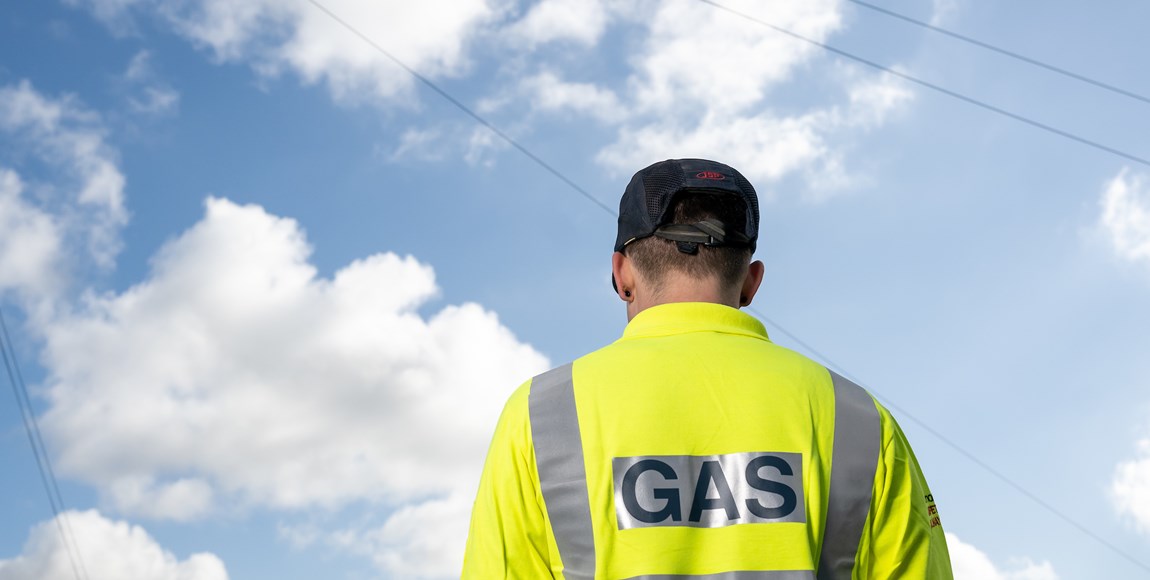The outcome of a project bid, which includes plans to create the UK’s first carbon shipping industry from south Wales ports, is expected in the next few weeks.
In developing the bid, Wales & West Utilities, one of the South Wales Industrial Clusters (SWIC) consortium partners, joined forces with some of Wales’ top industry, energy, infrastructure, legal, academic and engineering organisations.
If successful, this £37million bid would establish the UK’s first large scale carbon dioxide shipping industry in the UK, creating around a thousand jobs, whilst forming an entirely new industry in south Wales region. The bid will help plan the acceleration of becoming net zero, whilst creating the UK’s first large scale carbon dioxide shipping industry.
The decision on awarding the grant funding is due by Innovate UK and the UK Government’s Department of Business, Energy and Industrial Strategy by mid-December.
The bid has been made as part of UK Government’s Department of Business, Energy and Industrial Strategy Industrial Decarbonisation Fund.
The much-anticipated ’10 Point Plan’ to deliver a Green Industrial Revolution will mobilise £12 billion of Government investment, whilst creating 250,000 jobs in the “green economy”. With the Prime Minister setting aside a further £200 million, on top of £800m already pledged, to create “carbon capture clusters”, this bid can play a crucial role as part of this Green Industrial Revolution.
South Wales is the second largest industrial emitter of carbon dioxide in the UK. Last year the UK became the first country in the world to legislate that it will achieve net zero emissions by 2050. Net zero means that any remaining emissions are offset by using other means. This has also formed part of the UK Government’s industrial strategy.
The SWIC deployment project will carry out the urgent engineering studies to keep South Wales on the path to decarbonisation, including the production, distribution and use of hydrogen, creating sustainable aviation fuel and carbon capture usage and storage (CCUS), including CO2 shipping from South Wales ports.
This project sets out a roadmap to decarbonise heavy industry in south Wales, delivering environmental benefits, as well as supporting local jobs and the economy.
Green gases like hydrogen have an important role to play in decarbonising industry. We’re pleased to be supporting SWIC to develop infrastructure fit for the Green Industrial Revolution.
Hydrogen will also play a key role in decarbonising home heating and transport. Alongside biomethane, and smart hybrid heating systems, it will get the UK to Net Zero in a way that is affordable, reliable, and keeping disruption to homes and communities to a minimum.
This is a very ambitious, but realistic plan, to decarbonise the industries of South Wales. Not only would it benefit the environment locally, as well as globally, but it would also mean that we are sustaining and reinvigorating the industries that South Wales has relied on for over a century.
The UK Government has set in law that the UK needs to be net zero by 2050, but the South Wales Industrial Cluster has ambitions to do so earlier, by 2040, in support of several points within the 10 Point Plan and the Industrial Decarbonisation Challenge. Our bid, if successful, will help to achieve this in Wales.
This deployment project will help unlock the route to net zero in South Wales, therefore helping support the future of existing industries, businesses and jobs, but also to help develop the net zero infrastructure required to attract new industries and businesses from abroad and use hydrogen for home heating, power generation and transport across the region. This will pave the way for more jobs, more prosperity and a cleaner environment.
For more information about the South Wales Industrial Cluster visit: https://www.swic.cymru/.
SWIC is one of six locations seeking a share of £131m to deliver, or support delivery of, significant emissions reductions in industrial clusters, with a UK Government target of two being operational by the mid-202s and aiming for a further two by 2030.



